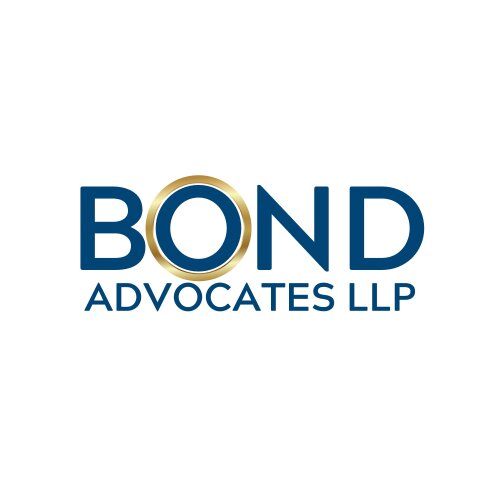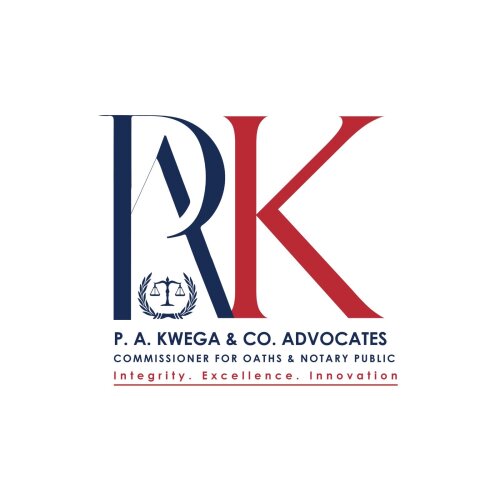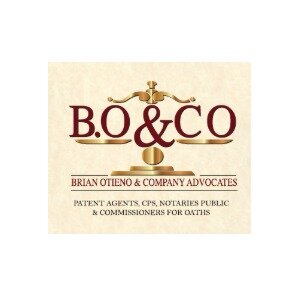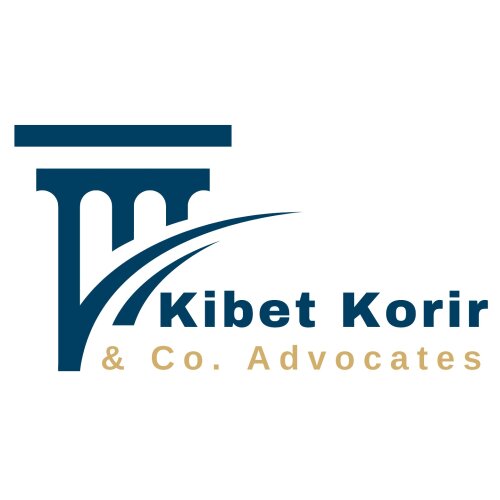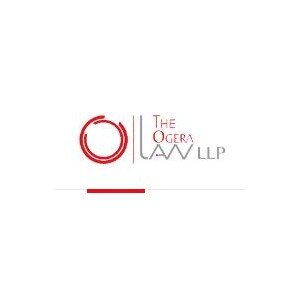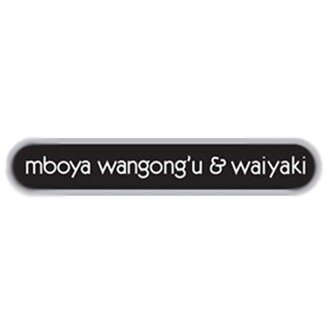Best Copyright Lawyers in Kenya
Share your needs with us, get contacted by law firms.
Free. Takes 2 min.
Or refine your search by selecting a city:
List of the best lawyers in Kenya
About Copyright Law in Kenya
Copyright law in Kenya is governed by the Copyright Act, which was first enacted in 2001 and has been amended to address the evolving landscape of intellectual property. It provides protection to creators of original works such as books, music, films, and software by granting them exclusive rights to use and distribute their work. These rights aim to incentivize creativity and innovation by ensuring creators can benefit from their endeavors while also establishing limitations and exceptions to balance public access and creative freedom.
Why You May Need a Lawyer
There are various situations where you might need legal assistance related to copyright in Kenya. These include:
- Protecting your intellectual property: Ensuring your creative work is legally protected against unauthorized use.
- Infringement disputes: Addressing situations where someone uses your copyrighted work without permission.
- License agreements: Drafting or negotiating contracts allowing others to use your work under specific conditions.
- Fair use and exceptions: Understanding the scope of allowable use without infringing copyright, such as for education or commentary.
- Registration: Navigating the process of formally registering a work with the relevant authorities to strengthen your legal position.
Local Laws Overview
Kenya's Copyright Act outlines several key elements relevant to copyright protection:
- Originality: Works must be original and fixed in a tangible form.
- Duration: The protection lasts for the lifetime of the author plus 50 years after their death for most works.
- Rights: Copyright holders have the right to reproduce, distribute, perform, and create derivative works.
- Exceptions: The Act provides for certain exceptions like fair use for educational purposes.
- Collective management organizations: Facilitating the collective management and licensing of rights.
Frequently Asked Questions
What types of works are protected by copyright in Kenya?
Literary, musical, artistic, and audio-visual works, as well as sound recordings and broadcasts, are protected by copyright.
How do I obtain copyright protection for my work?
Copyright protection in Kenya is automatic upon creation and fixation in a tangible form. You do not need to register your work to gain copyright.
How long does copyright protection last in Kenya?
Generally, copyright lasts for the author's lifetime plus 50 years. However, this can vary for specific types of works.
Can I use copyrighted material for educational purposes?
Yes, the Copyright Act includes provisions for fair dealing, allowing use for educational, research, and non-commercial purposes under certain conditions.
What constitutes copyright infringement?
Infringement occurs when someone uses a copyrighted work without permission or license, violating one or more exclusive rights of the copyright holder.
How can I prove copyright infringement?
You would typically need to demonstrate that your work is protected by copyright and that the infringing party used your work without authorization.
What should I do if my work is infringed?
Consult with a copyright lawyer to explore options such as negotiation, sending a cease-and-desist letter, or pursuing legal action.
Is there a way to transfer copyright ownership?
Yes, copyright can be transferred through assignments, licenses, or bequests, with proper documentation outlining the transfer terms.
Do moral rights exist under Kenyan copyright law?
Yes, moral rights protect the personal connection between an author and their work, including rights to attribution and integrity.
Do I need permission to use a copyrighted image on my website?
Yes, using a copyrighted image typically requires permission from the copyright holder or a valid license agreement.
Additional Resources
Here are some resources and organizations that can provide further assistance:
- Kenya Copyright Board (KECOBO): Governs copyright issues within Kenya.
- Collective Management Organizations: Such as the Music Copyright Society of Kenya (MCSK) for handling licenses.
- Local law firms specializing in intellectual property.
- WIPO: Offers resources and training on international copyright law.
Next Steps
If you need legal assistance with copyright issues:
- Consult with a copyright lawyer: Seek out professionals with a specialization in intellectual property law.
- Gather relevant documentation: Prepare any contracts, registrations, or evidence of creation and infringement.
- Contact relevant authorities: Reach out to KECOBO or local collective management organizations for guidance.
- Stay informed: Regularly update your knowledge about changes in copyright law and best practices for protecting your work.
Lawzana helps you find the best lawyers and law firms in Kenya through a curated and pre-screened list of qualified legal professionals. Our platform offers rankings and detailed profiles of attorneys and law firms, allowing you to compare based on practice areas, including Copyright, experience, and client feedback.
Each profile includes a description of the firm's areas of practice, client reviews, team members and partners, year of establishment, spoken languages, office locations, contact information, social media presence, and any published articles or resources. Most firms on our platform speak English and are experienced in both local and international legal matters.
Get a quote from top-rated law firms in Kenya — quickly, securely, and without unnecessary hassle.
Disclaimer:
The information provided on this page is for general informational purposes only and does not constitute legal advice. While we strive to ensure the accuracy and relevance of the content, legal information may change over time, and interpretations of the law can vary. You should always consult with a qualified legal professional for advice specific to your situation.
We disclaim all liability for actions taken or not taken based on the content of this page. If you believe any information is incorrect or outdated, please contact us, and we will review and update it where appropriate.
Browse copyright law firms by city in Kenya
Refine your search by selecting a city.



